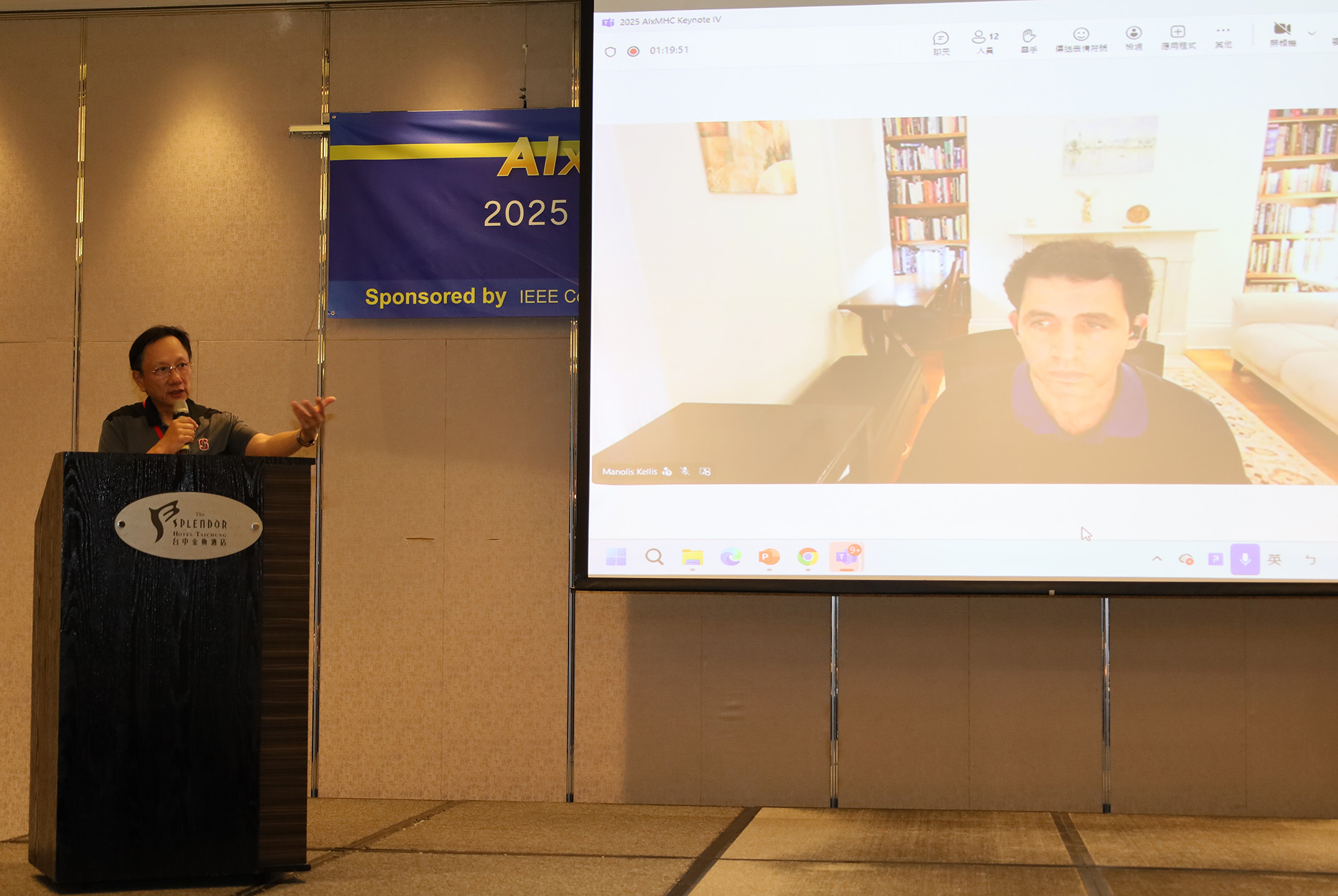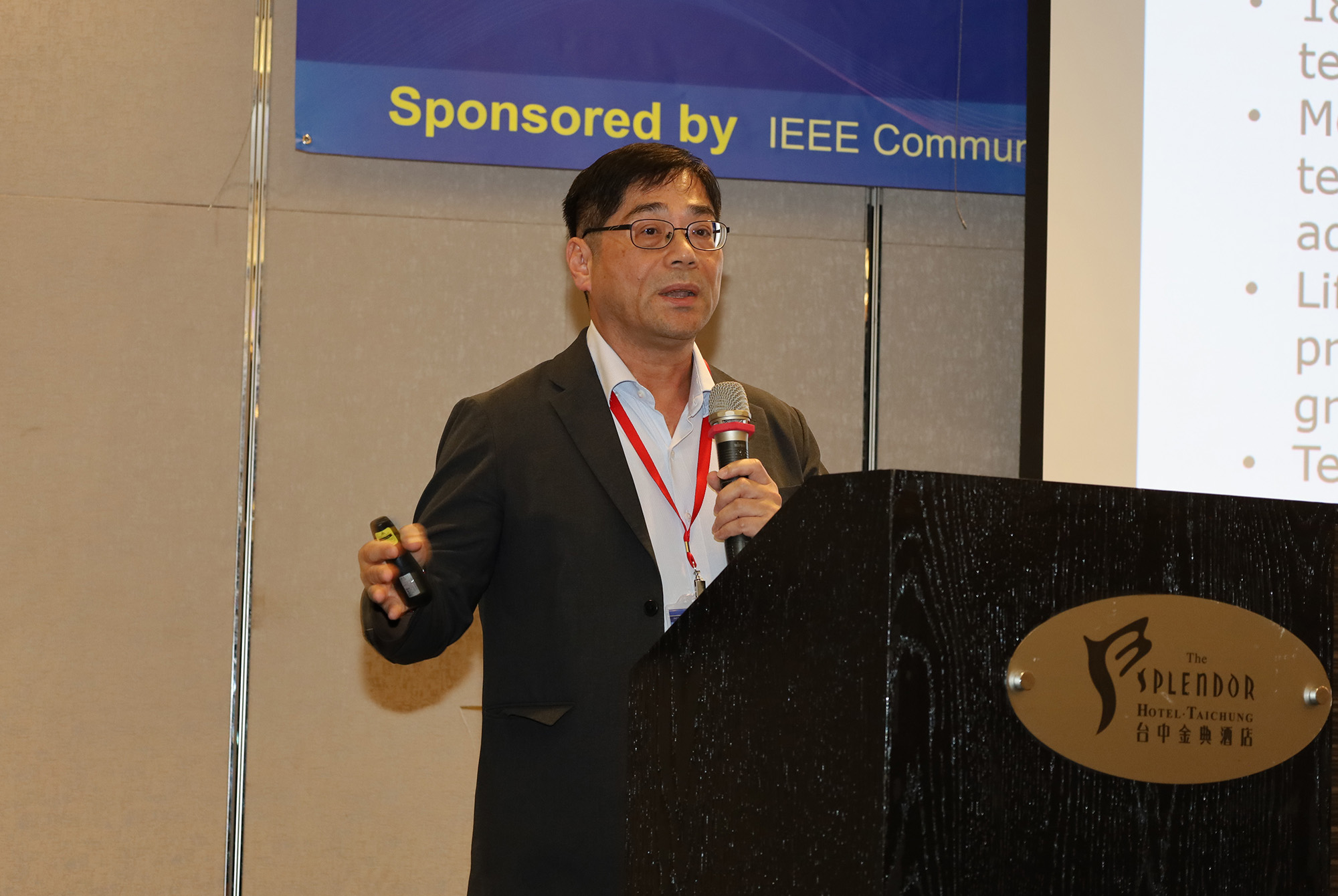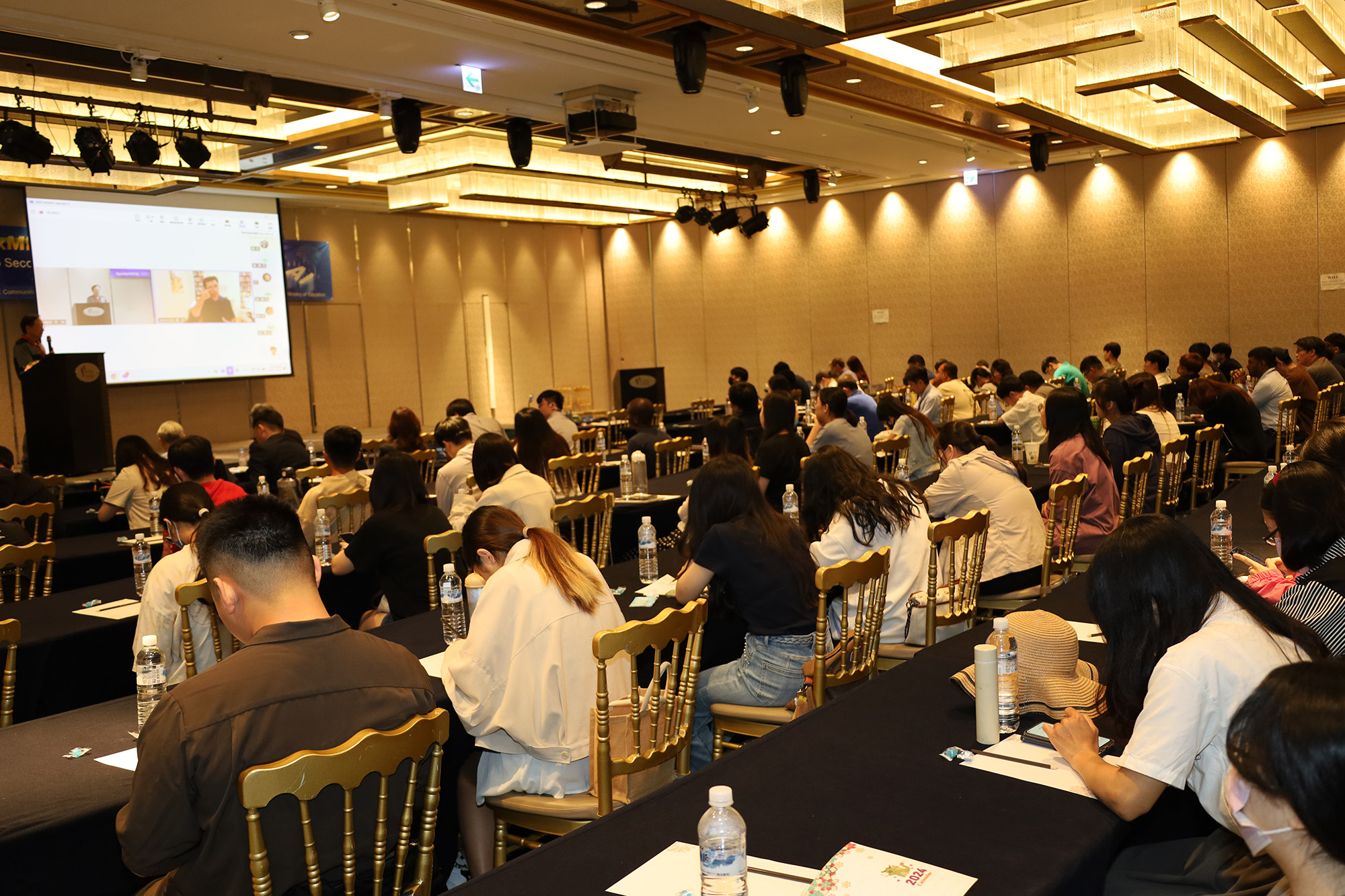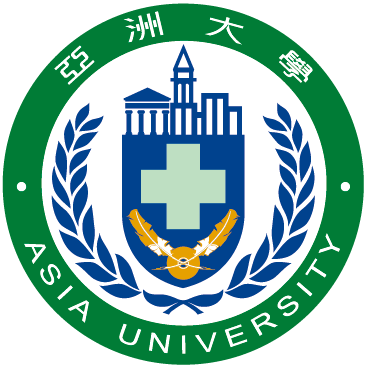Three Leading Scholars Deliver Keynote Lectures, AU Faculty and Students Present Innovative Research
 Professor Zhang Zhiwei (left), serving as the introducer, engages in a dialogue with Professor Manolis Kellis (right), Director of the Computer Science and Artificial Intelligence Laboratory (CSAIL) at MIT, who joined online.
Professor Zhang Zhiwei (left), serving as the introducer, engages in a dialogue with Professor Manolis Kellis (right), Director of the Computer Science and Artificial Intelligence Laboratory (CSAIL) at MIT, who joined online.
The second day of the "2025 AI × Medical, Health & Care International Conference (AIxMHC 2025)," organized by Asia University and co-hosted by IEEE, the National Science Council, and China Medical University Hospital, took place on October 14. The agenda featured in-depth discussions on the latest advances in AI applications in genomics, multi-agent system collaboration, and behavioral and physiological signal analysis, led by MIT Computer Science Professor Manolis Kellis, NIH Director Yang-Cheng Fan (attending in a personal capacity due to the U.S. government shutdown), and Academia Sinica Distinguished Research Fellow and Director Hong-Yuan Liao, showcasing AI’s immense potential in medical and life sciences research.
On the first day, the conference hosted several prominent international speakers, including Harvard Medical School Professor Alireza Haghighi, Director of the Brigham Women’s Hospital International Center for Genetic Disease; Harvard Medical School Data Science Center Director Soumya Raychaudhuri; and Stanford University Computer Science Visiting Professor Edward Y. Chang, who delivered keynote lectures on cutting-edge research.
 Professor Yang-Cheng Fan discussed “Linking Data and Artificial Intelligence: Driving a New Era in Biomedical Research.”
Professor Yang-Cheng Fan discussed “Linking Data and Artificial Intelligence: Driving a New Era in Biomedical Research.”
On the second day of the conference, Professor Manolis Kellis, director of MIT’s Computer Science and Artificial Intelligence Laboratory (CSAIL), presented online on “Applications of Artificial Intelligence in Genomic Medicine: Disease Circuits, Patient Heterogeneity, and Therapeutic Design.” His lecture highlighted revolutionary advances of AI in biomedical research and drug development, covering six key areas: gene circuits and multi-omics analysis, disease subtyping and precision medicine, applications in neurological disorders and cancer, AI-assisted drug design and repositioning, causal inference and geometric deep learning, and AI for knowledge visualization and research collaboration. Professor Kellis emphasized that AI is leading humanity from data understanding toward intelligent innovation, opening new frontiers in genomic medicine and therapeutics.
Professor Yang-Cheng Fan delivered a talk titled “Linking Data and Artificial Intelligence: Driving a New Era in Biomedical Research.” He noted that biomedical research worldwide is entering a data-driven era, where AI and cross-dataset integration are reshaping both research and clinical translation. He shared updates from NIH initiatives such as All of Us, CRDC, and STRIDES, illustrating how integrated clinical information platforms combined with AI enable safe, scalable biomedical data sharing, accelerate disease research, enhance data reproducibility, and promote interdisciplinary collaboration.
Director Hung-Yuan Liao of Academia Sinica’s Institute of Information Science presented “Chronic Pain Recognition Research Using Imaging Data.” He highlighted that traditional animal behavior analyses rely heavily on manual annotation, limiting accuracy in detecting subtle chronic pain signals. His team developed an AI image recognition system that automatically extracts relevant features from mouse behavior videos, avoiding human bias and significantly improving classification accuracy. This research demonstrates AI’s potential for preclinical trials and its future applications in drug development and pain management.
AU faculty and students showcased strong research capabilities. Professor Wen-Ling Jan of the Department of Biomedical Science guided doctoral student Hsu Hsu-Yu to present research on “Multi-Omics and Traditional Chinese Medicine Integration Analysis Reveals the Prognostic and Molecular Mechanisms of Sanhuang Xiexin Tang (SHXXT) in Cancer.” This study integrated TCM databases (ETCM, ccTCM, ITCM) with cancer genomic data (TCGA) to analyze SHXXT’s gene regulation and prognostic relevance across multiple cancers. The research proposed an integrative framework combining TCM and cancer bioinformatics to evaluate anti-cancer potential, identifying SHXXT as particularly promising in kidney cancer and serving as a model for multi-level analyses of other TCM formulas.
Additionally, Professor Jan supervised doctoral student Chou Yu-Pao on “Synthetic Lethality Networks and Computational Integration of Traditional Chinese Medicine: Identifying Potential New Therapies for Lung Adenocarcinoma In Vitro.” This study combined synthetic lethality network analysis with TCM compound databases to identify potential novel drug candidates for LUAD treatment, offering new avenues for personalized cancer therapy. Both studies were selected as best papers.
 The second day of the “2025 Artificial Intelligence × Medical, Health, and Care International Conference (AIxMHC 2025)” saw strong participation.
The second day of the “2025 Artificial Intelligence × Medical, Health, and Care International Conference (AIxMHC 2025)” saw strong participation.





